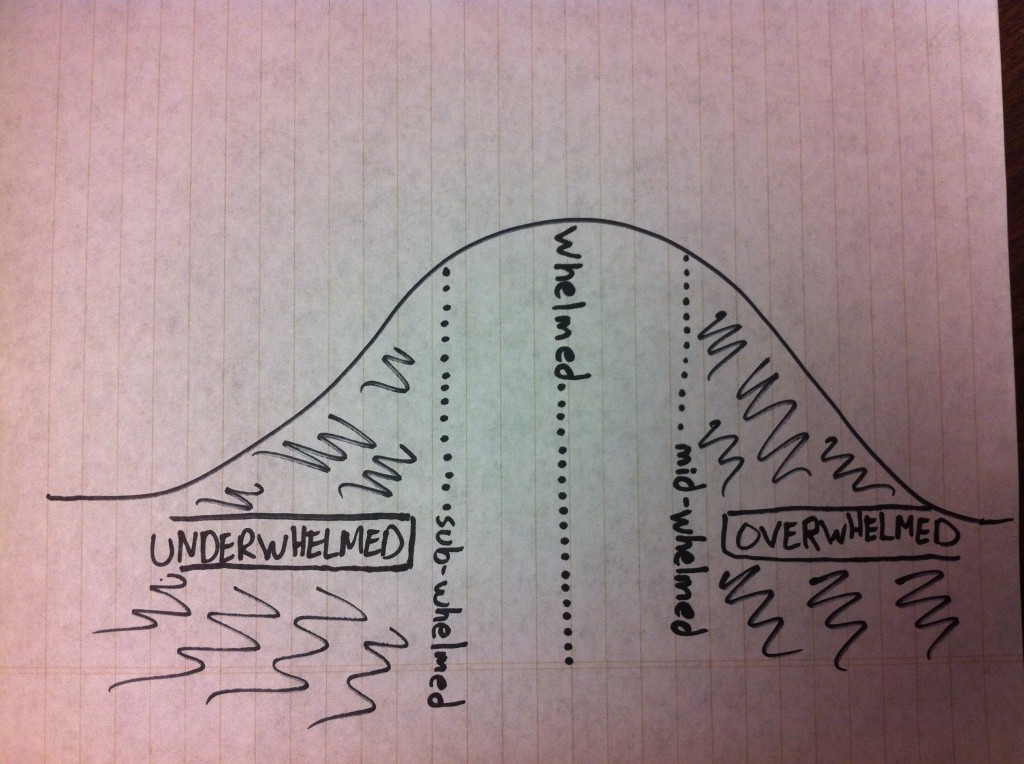March, in Chicago. I’m on my way to the Art Institute, and already late. Music in, coat up around my ears–it’s March in Chicago, after all. I rush by a panhandler sitting on cardboard under a doorway.
Wait.
Stop.
Turn.
I’d attended a class with a friend and had been trying to teach myself sign language for a few weeks. I was pretty sure I’d just recognized some signs from the woman in the doorway. Like me, everyone was hurrying by, avoiding eye contact. But she was signing…pausing…signing again. It was a pattern that looked a little familiar–a memory from working in schizophrenia research. The woman seemed to be talking–quite animatedly–to someone invisible.
Was she signing to voices? How would that even work? Would seeing someone signing to you be an auditory hallucination or a visual one? Would signing-hallucinations be entirely separate from other visual hallucinations (such as hallucinating animals or people following you)?
Which brings me to this research, months later: Exploring how deaf people ‘hear’ voice-hallucinations.
Participants born profoundly deaf reported non-auditory, clear and easy to understand voices. They were all confident that they did not hear any sounds, but knew the gender and identity of the voice. They reported seeing an image of the voice signing or lips moving in their mind.
[…]
Individuals with severe language deprivation and incomplete acquisition of either speech or sign, were remarkable in that they did not experience either auditory characteristics or perception of subvisual imagery of voice articulation, suggesting that language acquisition within a critical period may be necessary for voice-hallucinations that are organised in terms of how spoken or signed utterances are articulated.
Among other fascinating discoveries, people with acquired deafness could have auditory hallucinations, even if they did not currently have the ability to hear. Those born profoundly deaf and who had grasp of a communication method also could hallucinate voices, but in non-auditory ways. Those hallucinations would be organized, with genders and actual identities that could be distinguished from one another.
Incredible on its own, but even better, it gives us more information about schizophrenia. If both hearing and d/Deaf people with schizophrenia can experience similar hallucinations of people communicating information, where variance is found simply in the presentation of the information, it suggests an underlying structure of the disease that is independent of the communication system of the afflicted. It matters less how you do it–schizophrenia doesn’t appear to distinguish. Something is changing within language processing.
Science is cool, y’all.
Update: I forgot to include a link to Charles Bonnet Syndrome, the condition of having visual hallucinations when visually impaired.



